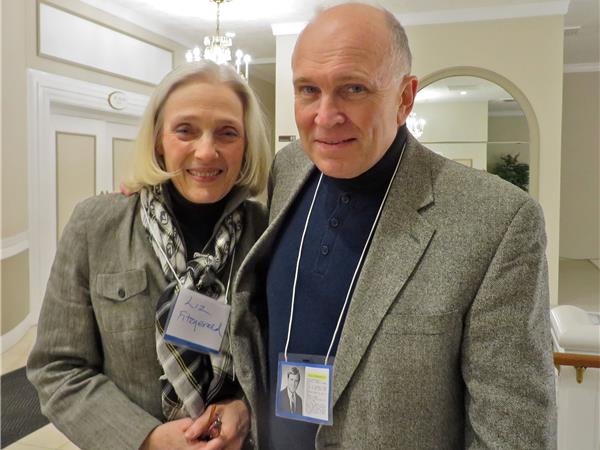The Long Intended Chaos
According to
news reports, the Obama administration is once again reevaluating how to deal with Afghanistan's Hamid
Karzai out of fear that it may
now be holding him to unrealistic standards of U.S. law enforcement. This comes
after a summer of news that Karzai continues to find new ways of resisting Washington's efforts to rein in rampant corruption in his government.
Now we hear from legendary Washington Post reporter Bob Woodward that
the U.S. has intelligence showing Hamid Karzai is under medication for manic
depression and that Obama's national security team doubts that "his strategy in Afghanistan" (whatever that may be at the moment) can work.
The tug
of war between Kabul and Washington has become so desperate, former CIA Near
East, South Asia Chief Dr. Charles Cogan recently opined that the situation was
fast approaching a "Diem Moment." Cogan even suggested that while Diem's removal had
been "horribly botched, a removal of Mr. Karzai might turn out to be more
straightforward."
Given the similarities to America's quagmire in Vietnam, invoking Diem raises more than a few dark memories. Yet despite vast differences in the two wars, another even more deeply unsettling similarity is emerging. Hamid Karzai is in a political fight for his life like South Vietnam's Ngo Dinh Diem. But (strange as it might seem) his contradictory behavior and the chaos and corruption surrounding it may be no accident. In fact it could be exactly the consequence that his main neoconservative backer, former RAND director, U.S. Ambassador and Special Presidential Envoy to Afghanistan Zalmay Khalilzad, had long intended.
According to Thomas Ruttig, a United Nations official present at the mid-2002 Kabul Loya Jirga that installed Karzai, "Khalilzad was the driving force behind THE mistake committed in the post-Taleban period that basically and fundamentally undermined the possible (!) emergence of a stable Afghanistan by bringing in the warlords again and allowing them unrestricted access to the new institutions. Re-empowered militarily and politically, the warlords expanded the realms of their power into the economy. With their [U.S. Special Forces] Alpha Team seed capital, they took over that part of the economy that matters in Afghanistan, the poppy and heroin business. With the profits from this they expanded into what remains of the licit economy: import of luxury goods, cars, spare parts, fuel and cooking gas [and] real estate often by occupying government-owned land."
When asked in the spring of 2010 whether Khalilzad should be invited back to assist the Obama administration, former Special Assistant to President Reagan, Reagan-Doctrine Architect and honorary Afghan "Freedom Fighter," California Congressman Dana Rohrabacher told Huffpost interviewer Michael Hughes, "He [Khalilzad] oversaw the establishment of a government that was unable to function in Afghan society. And on top of that he browbeat people into accepting Karzai. He even browbeat the ex-King of Afghanistan Zahir Shah into accepting him. Khalilzad was not in the anti-Taliban camp in the 1990's, so why the hell would we bring him in now? By forcing Karzai into office, Khalilzad snatched defeat out of the jaws of victory because the Taliban were beaten at that point."
To both Ruttig and Rohrabacher, Khalilzad's ultimate crime like the U.S. manipulation of the Ngo Dinh Diem regime in Vietnam was that his corruption of the Karzai regime had created so much internal chaos that no amount of outside effort could undo it. Yet the idea that chaos, as a form of extreme social engineering, may have actually been the plan cannot be ignored.
If anyone embodies the Cold War neoconservative philosophy that came to dominate American foreign and military policy from Jimmy Carter to George W. Bush, it is Zalmay Khalilzad. Khalilzad first came to the United States as a high school exchange student.






